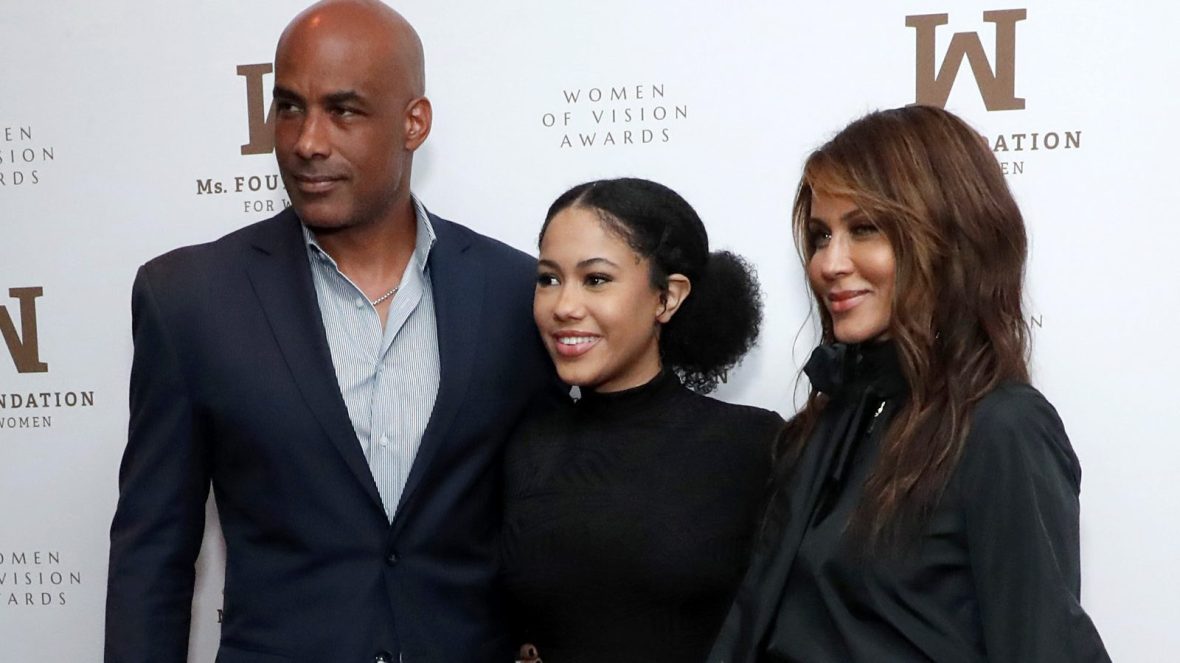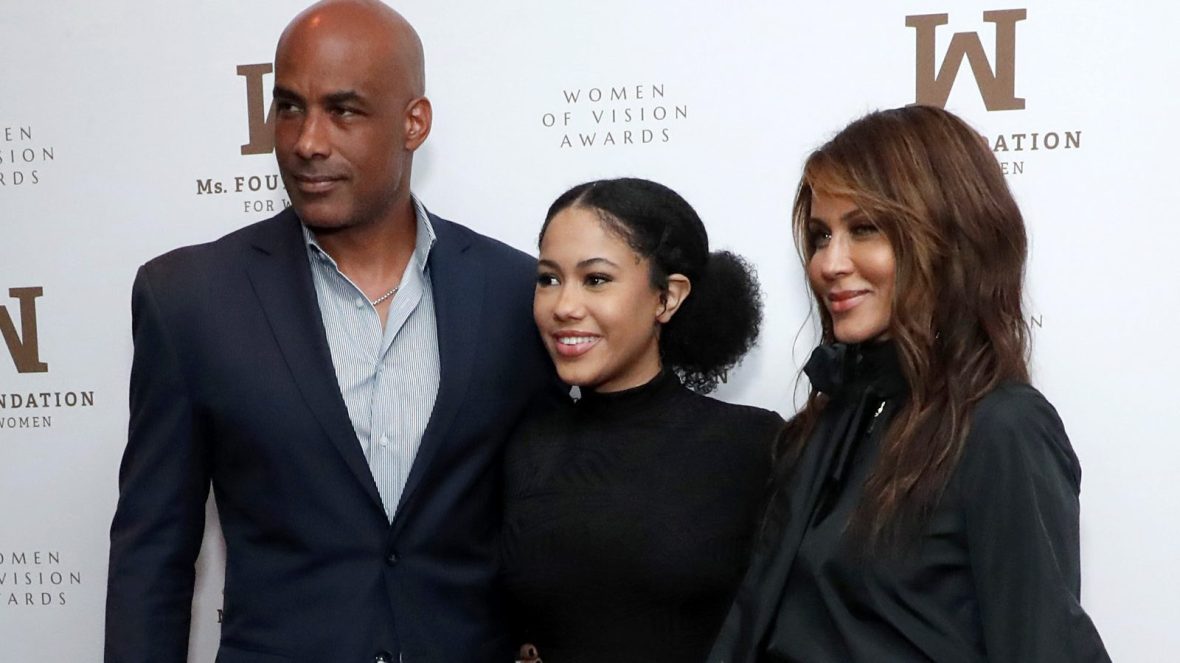Nicole Ari Parker and Boris Kodjoe’s daughter Sophie makes her debutante debut in Paris

The celebrity couple’s daughter, Sophie Kodjoe, was the only Black debutante at this year’s “Le Bal des Débutantes” in Paris.
Sophie Kodjoe, daughter of actors Boris Kodjoe and Nicole Ari Parker, was serving Black royalty as she made her “Le Bal des Débutantes” — or Debutante Ball — debut in Paris. Over the weekend, the stars supported their 19-year-old daughter as she made her grand entrance.
Each year, approximately 20 women aged 16 to 22 from around the world are selected to participate in the event. With a mission to celebrate tradition, style, and philanthropy, the annual ball curated by Ophélie Renouard has become a point of fascination not only in fashion, celebrity circles and high society but also on social media.
Sophie, the only Black debutante in this year’s class, stunned onlookers as she entered the ball in a sculptural plum Oscar De La Renta gown. In addition to her date, the debutante’s celebrity parents were present, proudly cheering their daughter in the crowd. Following the event, both Parker and Kodjoe shared recap videos of their daughter’s debutante experience.
“My heart is soooo full. A magical night indeed. Proud Papa,” Parker captioned her post. “Thank You #OphelieRenouard, @lebal.paris, and @OscarDeLaRenta for an unforgettable evening.”
Boris Kodjoe echoed his wife’s sentiments in his post, sharing clips of his and Sophie’s father-daughter dance at the ball. For Sophie, being a part of this year’s event was about honoring history.
“I wanted to honor the tradition of being a debutante,” Sophie said about the event, per Vogue. “I think its history is rooted in sending young women off to the world to be married, but in this case, it showcases how individual all of the women participating are and how diverse and creative everyone is.”
Though Sophie’s debutante experience did not feature the traditional white dresses and gloves, her participation aligns with the long history of debutante balls and cotillions within Black culture.
Debutante balls, which began in the 18th century in Europe as a means for aristocratic girls to connect with potential husbands, have been embraced and transformed by Black Americans since the 1800s. Taylor Bythewood-Porter, the curator of a previous exhibition on Black cotillions at the California African American Museum, explained to the New York Times that these balls were designed in response to the political climate of the Jim Crow era as a way to “dismiss the idea of Black people not being smart enough, or good enough, or worthy enough.”
“The main objectives of Black debutante balls were to uplift the race by dismantling the negative stereotypes assigned to young Black women during this time regarding what they were meant to look, act, speak, and think like,” researcher Karla Mendez wrote for the blog Black Women Radicals. “This contradicted the stereotypes that continued to plague Black Americans. Of these stereotypes, none seemed to be more prevalent than that of the Black broken family. By having fathers participate, debutante balls helped Black communities fight against the idea that their families had no male father figures and that women were non-virtuous.”
Often hosted by social organizations like The Links, Inc., Jack & Jill, the 20th Century Onyx Club, and Black churches, cotillions and debutante balls have often faced criticism of feeding into respectability politics, elitism, and European beauty standards. However, the philanthropic history behind cotillion debutantes has had a positive impact on young Black men and women for generations –– something filmmaker Contessa Gayles highlighted in her recent documentary “The Debutantes.”
Ultimately, Sophie viewed the experience as “a great opportunity to meet new people from all over the world — and I’m just really honored to be a part of that.”
More must-reads:

